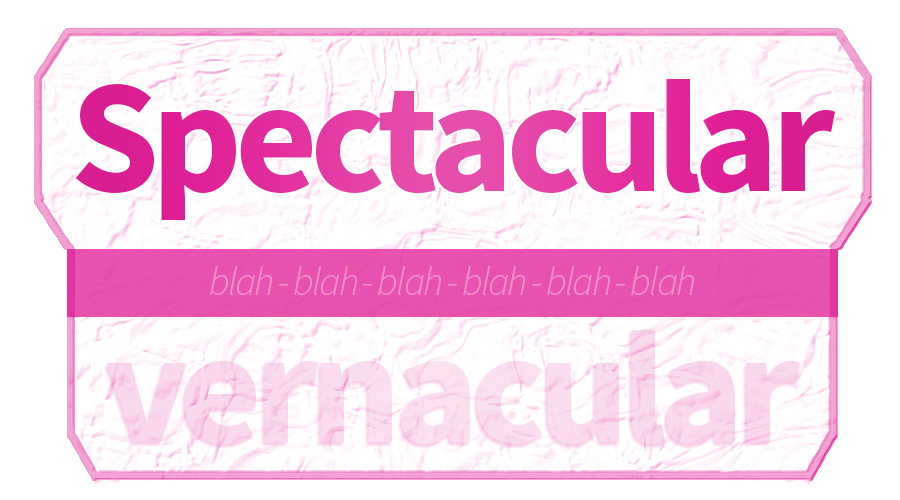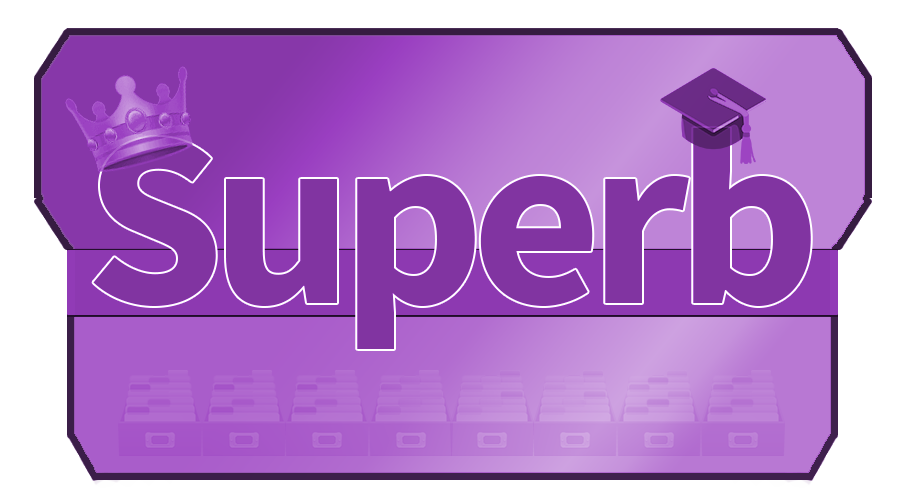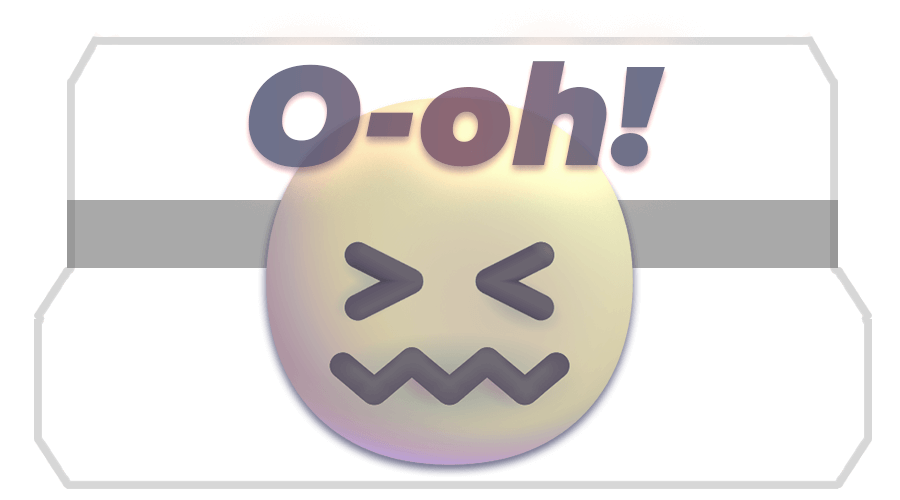LA/VD 001 | 9G: Prefixes – words with un_, dis_, in_, im_, and non_
Prefixes and suffixes are sets of letters that are added to the beginning or end of another word.
They are not words in their own right and cannot stand on their own in a sentence: if they are printed on their own they have a hyphen before or after them.
Prefixes
Prefixes are added to the beginning of an existing word in order to create a new word with a different meaning. For example:
| word | prefix | new word |
| happy | un- | unhappy |
| cultural | multi- | multicultural |
| work | over- | overwork |
Suffixes
Suffixes are added to the end of an existing word. The addition of a suffix often changes a word from one word class to another. In the table above, the verb like becomes the adjective likeable, the noun idol becomes the verb idolize, and the noun child becomes the adjective childish. For example:
| word | suffix | new word |
| child | -ish | childish |
| work | -er | worker |
| taste | -less | tasteless |
Word creation with prefixes and suffixes
Some prefixes and suffixes are part of our living language, in that people regularly use them to create new words for modern products, concepts, or situations. For example:
| word | prefix or suffix | new word |
| security | bio- | biosecurity |
| clutter | de- | declutter |
Email is an example of a word that was itself formed from a new prefix, e-, which stands for electronic. This modern prefix has formed an ever-growing number of other Internet-related words, including e-book, e-cash, e-commerce, and e-tailer.




























